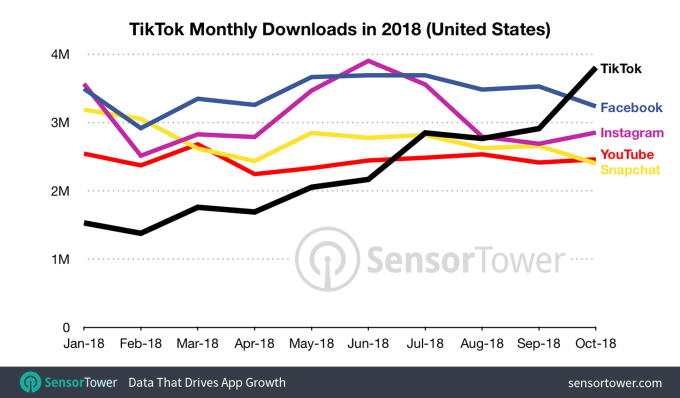Lol, that chart doesn't even have mySpace or Friendster, remember them? "Apps" weren't even a thing then.Tech is very weird compared to other industries.
Take for instance the railroad industry. It is always the same railroad companies, such as Union Pacific, which still exists, which is the same Union Pacific in the board game Monopoly.
Tech is different. The tech industry can be rearranged in a matter of a couple of years.
So far from what I have seen watching tech companies, who has a better product wipes out the competitors.
Here is an old graphic.

As mentioned in the post above mine, software, yes, you can say this. Not hardware.
CPU space, Intel is still here, AMD is still here, ARM has been around longer than people realize (Apple Newton used ARM).
GPU space still is nVidia and AMD/ATI.
On the system integrator side, you still have Apple and Lenovo (former IBM). Of course there is a lot of consolidation (CPU: SGI-MIPS, Sun-SPARC, DEC-Alpha all dead, GPU: S3, 3dfx, Trident, Matrox, basically dead), but that is just indicative of a maturing market, rather than straight replacement as is the case with software (calling all WordPerfect users...).
